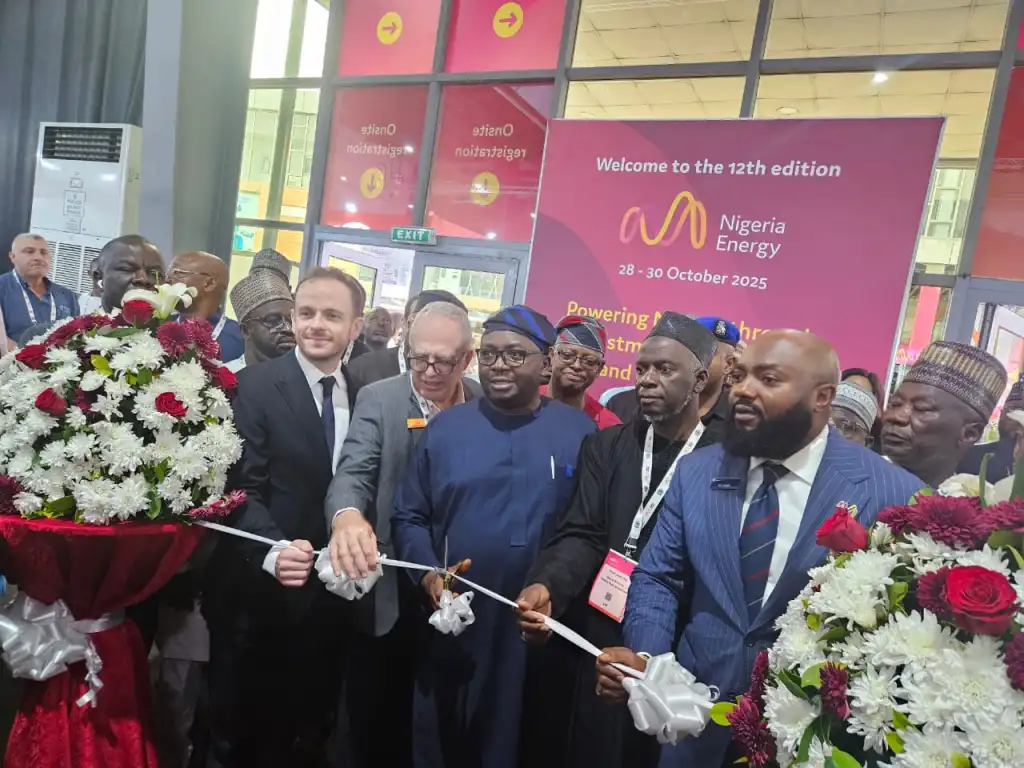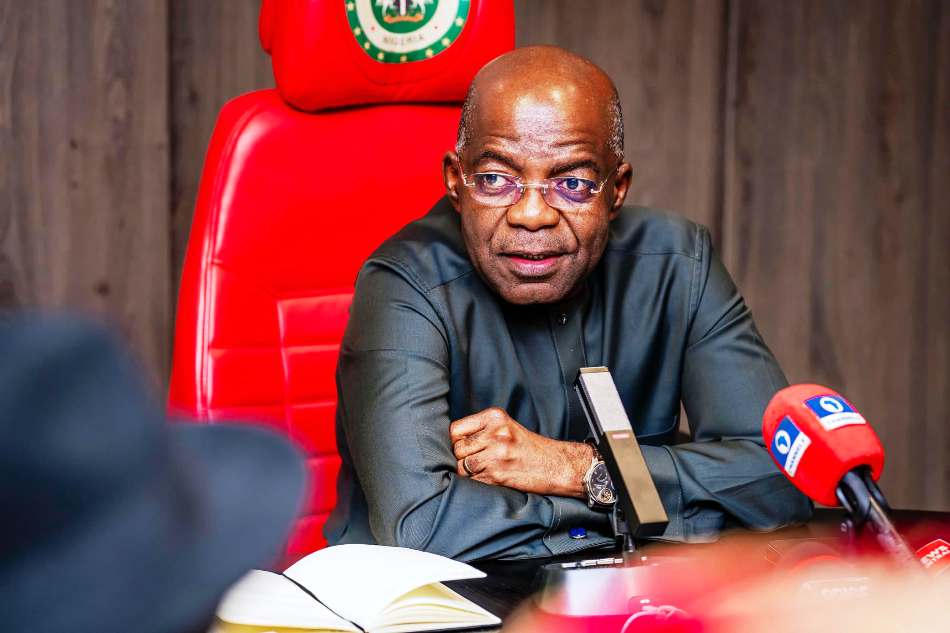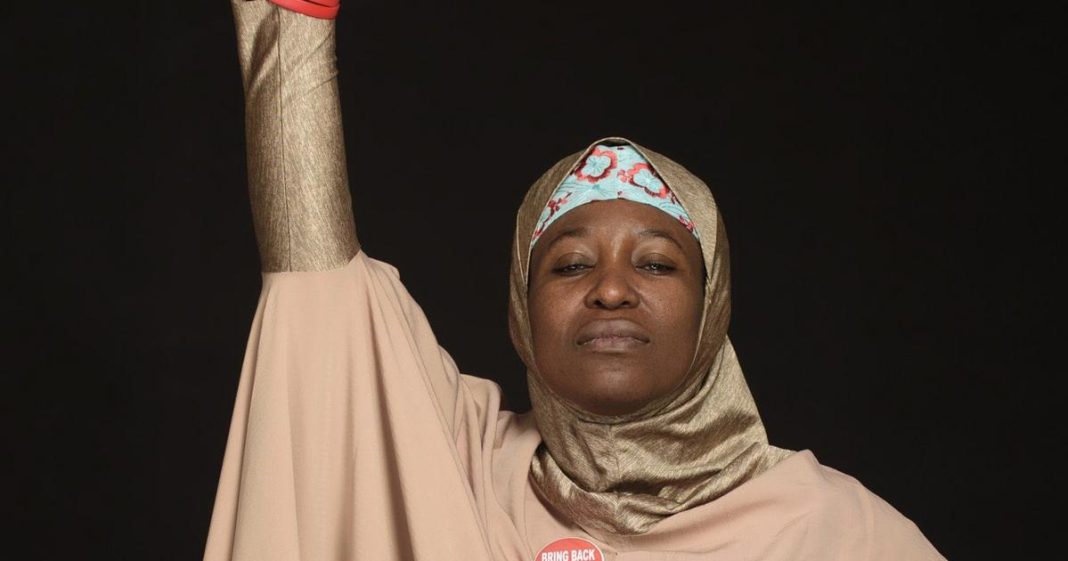The Federal Government has unveiled a new regulation requiring electricity Distribution Companies (DisCos) to meet a minimum capital adequacy standard before renewing their licences. Minister of Power, Chief Adebayo Adelabu, announced the policy during the Nigeria Energy Forum in Lagos. He explained that the move aims to fix persistent undercapitalization and mounting debt issues that have long troubled the electricity distribution sector.
Why the Policy Matters
According to Adelabu, several DisCos operate on fragile financial bases that hinder effective service delivery. Many struggle to invest in infrastructure or settle debts. To change this pattern, the government will now make financial strength a core part of licence renewal. This policy is expected to improve liquidity, attract investors, and increase service reliability across the country.
Ongoing Power Sector Reforms
Since taking office in 2023, Adelabu has pursued a broad reform agenda for the power sector. His plan includes changes to policy, infrastructure, legislation, and energy access. One of the biggest milestones so far is the Electricity Act 2023, which grants 15 states the autonomy to run their own electricity markets. The government has also approved the Integrated National Electricity Policy, designed to promote private participation and modernize the sector.
The minister further highlighted structural reforms in transmission. The Transmission Company of Nigeria (TCN) will be split into two entities: the Nigerian Independent System Operator (NISO) to manage grid operations, and the Transmission Service Provider (TSP) to own and expand infrastructure. This separation is meant to attract private capital and improve operational efficiency.
Major Infrastructure and Financial Steps
Adelabu provided updates on key power projects. He confirmed that contracts for the Presidential Power Initiative (PPI) Phase One have been signed to add 7,000 MW of new capacity to the national grid. Nigeria’s average generation now stands at about 5,300 MW in 2024, compared to 4,200 MW in 2023. Rehabilitation work on NIPP plants and the integration of the 700 MW Zungeru Hydropower Plant have helped sustain this growth.
Financially, President Bola Tinubu approved a ₦4 trillion bond to clear verified debts owed to Generation Companies and gas suppliers. A targeted subsidy plan is also being designed to protect low-income households as the government deepens commercialization of the sector.
Accountability and Private Investment
Adelabu made it clear that licence renewals will no longer be automatic. DisCos that fail to meet technical and financial standards risk losing their licences by 2028. The government will also monitor their performance more closely to ensure compliance.
He encouraged investors to take advantage of the ongoing reforms. With over 10 GW of stranded generation capacity, the sector offers significant potential for growth. The minister emphasized that Nigeria’s policy environment is now more transparent and business-friendly than before, creating the right conditions for sustainable investment.
Conclusion
The new minimum capital adequacy requirement marks a major step toward restoring financial discipline and service reliability in Nigeria’s power sector. It signals a clear message to operators: only well-capitalized and efficient DisCos will thrive in the next phase of the electricity market. If implemented effectively, this reform could unlock private investment, enhance power generation, and bring long-term stability to Nigeria’s energy landscape.



